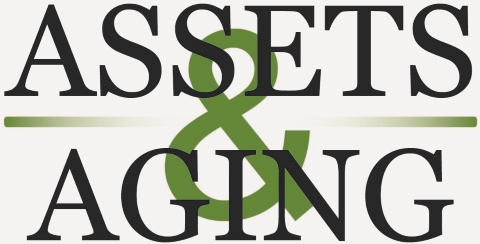Some questions and answers about Life Care Contracts:
Q. In simple terms, what is a Life Care Contract?
A. It is an agreement between someone needing care, typically a parent, and someone providing care, typically a child or grandchild.
Q. Why would anyone need such an agreement?
A. Let’s use a common situation. Mom is living at home (or in the home of a child) and needs day-to-day help with such things as transportation, cooking, running errands, bathing, banking, estate management, personal hygiene, prescription management, etc. In exchange, Daughter pays herself a stipend for performing this work.
Q. That sounds OK. Is there a problem?
A. There might be, especially if Mom is not competent (or becomes not competent). First, has daughter been declaring the income on her tax returns? It might be taxable. Secondly, if Mom did not specifically authorize her daughter to take money, Daughter might have committed elder financial abuse. It happens all the time.
Q. Well Daughter has Mom’s power of attorney. Doesn’t that allow daughter to take Mom’s money?
A. In many cases, no. This is payment for services, and there has to be a framework for that to happen. Moreover, with most Powers of Attorney, the daughter would be specifically forbidden to take Mom’s money.
Q. There may also be a special benefit to a Life Care Contract when it comes to nursing home planning. What is that?
A. This gets a little complicated but hang on. Under proposed new federal and state regulations, gifting assets to a child for the purpose of obtaining help from Medi-Cal may cause a 5 year, or more, lookback. This could be devastating. Having to pay $9,000 per month or more to a nursing home for a few years would wipe out most families. However, using a LCC, many families may be able to transfer assets to a child in exchange for future care, thus preserving a lifetimes work. Thus, a Life Care Contract may become one of the single most important documents in any care plan.
Q. I take it then that this is a very complicated and expensive document. Is that correct?
A. It is a little complicated, but these are documents that have been around for decades. They are not new and have become very popular as a long term care planning tool. They are not cheap, but not as expensive as losing a lifetime of savings because someone needed long term care.
